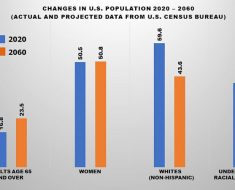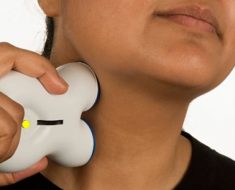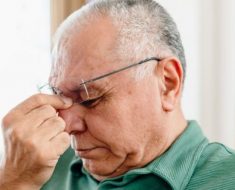A novel type of talk therapy that pays as much attention to building positive mood as it does to reducing depressed mood may work as well, if not better, than cognitive behavioral therapy (CBT) for anhedonic depression, results of a pilot trial suggest.
While the trial was not adequately powered to test if augmented depression therapy (ADepT) is superior to CBT, “results nevertheless were encouraging,” lead author Barnaby Dunn, PhD, professor of clinical psychology, University of Exeter, Exeter, United Kingdom, told Medscape Medical News.
The trial showed that ADepT is feasible, acceptable, and “not worse than CBT,” also showing the “potential to be better than CBT in clinical outcomes,” Dunn said.
“By building positive mood, ADepT may help individuals stay well for longer in the future,” he noted.
The early results were published online July 13 in eClinicalMedicine.
Dual Approach
“There are two sides to the depression coin — heightened negative mood and reduced positive mood. Classic CBT focuses mainly on repairing negative mood and pays less attention to building positive mood,” Dunn explained.
He said when he speaks to clients about what is key to recovery from depression, they often mention the importance of reconnecting to the positive.
“ADepT pays equal attention to building the positives as it does reducing the negatives, giving clients new skills to ‘act opposite’ to old ways of thinking and feeling that can stop them making the most of opportunities and being able to experience well-being,” Dunn told Medscape Medical News.
ADepT is an individual therapy delivered over 15 acute and five booster sessions, which is similar in “dose” to classic CBT, Dunn said.
The primary focus of ADepT is building well-being (capacity to experience pleasure, meaning, and social connection in life) and functional recovery, with depression conceptualized as patterns of thinking, feeling, and behaving that serve as barriers to achieving this goal.
Patients work with trained therapists to overcome barriers to being resilient (managing challenges to reduce negative affect) and thriving (taking opportunities to maximize positive affect).
Eighty-two adults with a moderate to severe current major depressive episode with features of anhedonia took part in the pilot trial. They were randomly allocated (1:1) to either 20 individual sessions of ADepT or CBT, delivered in the University of Exeter Accessing Evidence Based Psychological Therapies (AccEPT) outpatient clinic.
Researcher-blinded assessments were completed at intake and after 6, 12, and 18 months. Co-primary outcomes were depression, measured via the Patient Health Questionnaire (PHQ-9) and well-being, gauged with the Warwick Edinburgh Mental Wellbeing Scale (WEMWBS) at 6 months.
Within-group analyses showed that both ADepT and CBT led to clinically meaningful improvements in depression, well-being, and all other secondary outcomes, including measures of anhedonia, Dunn said.
Between-group effects favored ADepT over CBT for depression and well-being. “For example, about 80% of clients no longer met diagnostic criteria for depression after ADepT, compared to around 56% of clients in CBT,” Dunn told Medscape Medical News.
“There were also numerically bigger gains in well-being and reductions in anhedonia in ADepT relative to CBT. A greater number of clients who recovered at the end of therapy stayed well over the longer term in ADepT relative to CBT,” he noted.
ADepT costs the same amount to deliver as CBT “but resulted in greater gains in quality of life, meaning it showed a high probability of being cost-effective,” Dunn said.
ADepT has also been designed so that trained CBT therapists will be able to deliver it with minimal additional training.
“The next step,” said Dunn, “is a bigger definitive trial, which will formally test if ADepT is clinically superior to and better value for money than CBT when delivering ADepT in more routine care settings (UK NHS clinics rather than specialist university mood disorder centre).”
The trial was funded by a Career Development Fellowship awarded to Dunn by the National Institute for Health and Care Research (NIHR) in the UK. Dunn has a book contract with Guilford Press to write the ADepT treatment manual and receives occasional payment or honoraria (including support for attending meetings) for delivering workshops and talks on ADepT.
EClinicalMedicine. Published online July 13, 2023. Full text.
For more Medscape Psychiatry news, join us on Twitter and Facebook.
Source: Read Full Article





